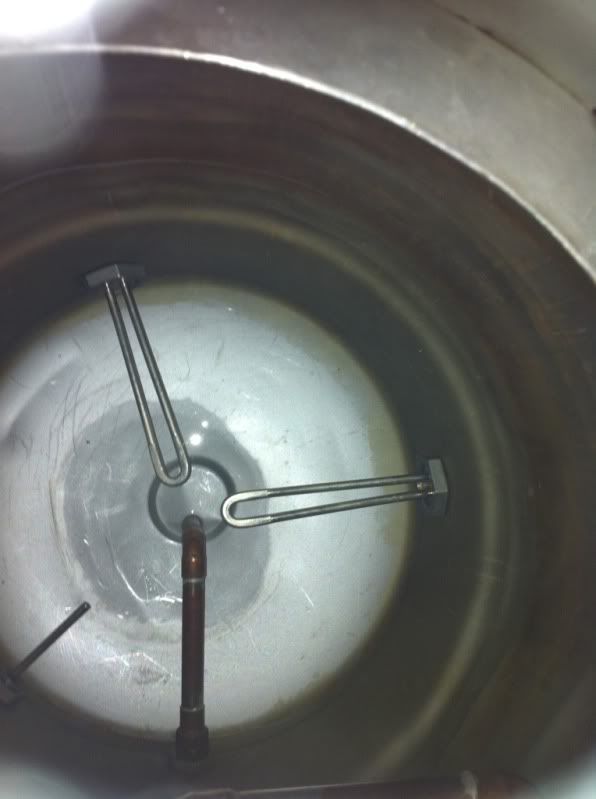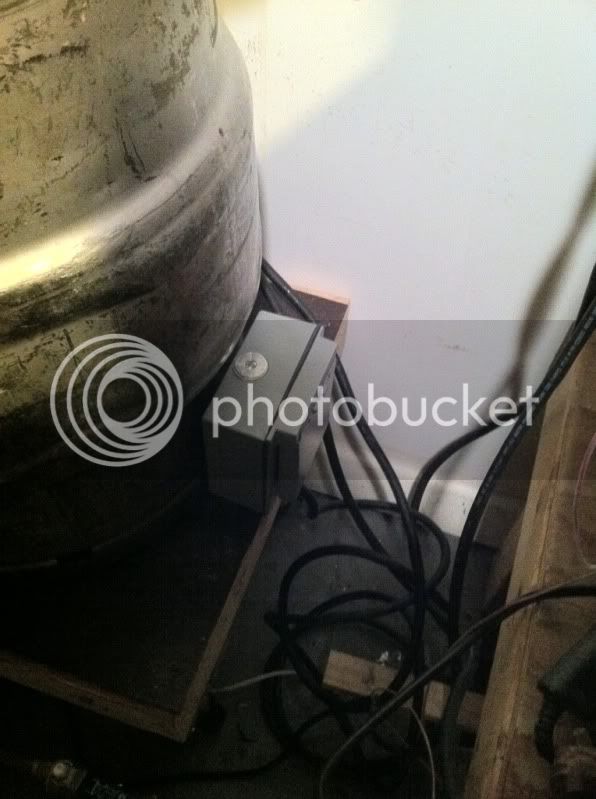Piney, if you manage the risks well you'll be okay using propane inside. Like others have said, use good ventilation, use an efficient burner so minimal CO (carbon monoxide) will be generated, have a CO monitor in your breathing zone, stabilize your burner, and keep the flame away from flammable surfaces. Never leave the burner unattended - if the kettle boils over the flame can be extinguished, and now you have a problem. Test your propane connections each time you use the set up, or anytime you disconnect/connect a fitting, to prevent leaks. Store the propane cylinder outside the building. Probably other things I haven't mentioned.
CO2 (carbon dioxide) is heavier than air, as is propane. The CO2 generated by the flame will not settle to the floor, it is actively mixed in the air by convection currents since it is hot as it comes off the flame. Leaking propane can settle in a low area if the leak is in a calm area, or if the leak is so fast that it overcomes any mixing action by moving air in the area.
One gas being heavier than another is not sufficient for settling to take place. Otherwise, all the gases in the atmosphere would separate in calm places, and that doesn't happen, ever.





